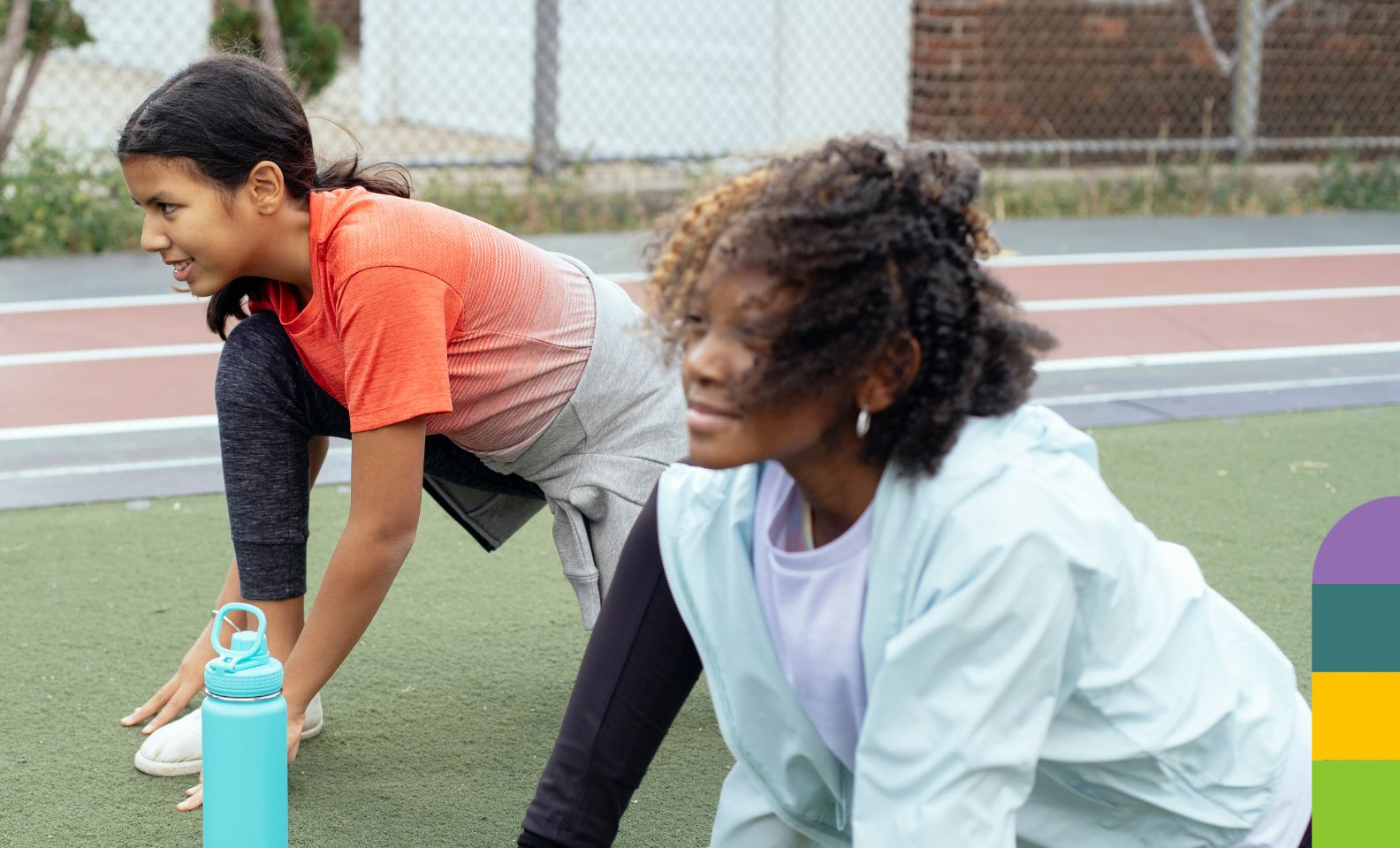Autism and Physical Activity
Exercise is essential for many of us, regardless of our differences. However, physical activity for people with autism can present sensory and social challenges that can be overcome with a little forethought and personalisation.
Physical activity is highly beneficial for people with autism because it enhances sensory and social interaction, improves motor skills and coordination and provides healthy, enjoyable routines. Swimming, cycling, hiking, and tennis, or outlets of self-expression such as art, dance or music can be great physical activities for those living with autism.
At Maple, we understand that the fundamental characteristics of autism, which encompass challenges in communication, social interaction and behaviour, can create difficulties when it comes to participating in activities such as team sports or crowded gyms. However, with valuable guidance of an experienced support worker, physical activity can have a profound positive impact on the lives of those living with autism.
Is physical activity good for autism?
If you or your loved one lives on the autism spectrum, physical activity and exercise can be extremely beneficial. Like all of us, regular physical activity can contribute to better physical and mental health. It helps us to maintain a healthy weight, improve cardiovascular fitness, reduce stress, release endorphins, increase our self-esteem and enhance our overall well-being.
For people on the autism spectrum, physical exercise can be particularly beneficial as it can enhance our sensory integration, this is especially apparent in activities such as swimming or water aerobics. It can also improve motor skills and coordination and provide opportunities for social interaction in a structured and comfortable environment.
Routine and predictability can be important aspects of daily life for those living with autism. When we introduce a fun physical exercise seamlessly into a routine, it has the potential to become a comforting daily activity. It can also serve as a constructive outlet for excess energy and frustration, which can potentially reduce challenging behaviours.
How does autism affect physical activity?
Some people living with autism may experience challenges when getting involved in physical activity – for others, it may already be an integral and enjoyable part of their routine. It’s important to remember that autism is a spectrum disorder, so the impact on physical activity can be completely different from one person to the next.
However, due to the sensory and social challenges that some people with autism experience, you may have yet to discover an effective strategy to incorporate physical activity into daily life.
Some of the challenges that face those living with Autism when it comes to physical activity include:
- Many people living with autism spectrum disorder (ASD) experience sensory sensitivities, which can make certain physical activities uncomfortable or overwhelming.
- Engaging in group sports or activities often involves social interaction, teamwork and communication which many people on the Autism spectrum struggle with.
- Less widely recognised is that a significant number of people living with autism also encounter obstacles related to their motor skills, including issues with balance and coordination.
How to encourage physical activity with autism
When we foster understanding, provide necessary accommodations and offer a safe and supportive environment, people with autism can truly thrive from a diverse range of physical activities. We must consider the unique needs and preferences of our loved ones when we collaborate with them to tailor an effective exercise routine.
If you or your loved one have any intense, or focused interests in specific activities or topics then it’s a good idea to find physical activities that align with these interests. We can also create sensory-friendly environments to help those with autism engage in physical activities more comfortably. This could include providing sensory tools or equipment or reducing sensory triggers in the environment.
Since autism affects each of us differently, it’s important to take a personalised approach. Tailoring activities to you or your loved ones’ needs, interests, and sensory preferences can significantly enhance their participation and enjoyment. Your occupational therapist, physical therapist and support worker can use their experience to provide valuable guidance and support.
What activities are good for autism?
Of course, activities that best suit any individual will vary depending on their specific interests, sensory sensitivities and also their abilities. However, you may consider some of the following activities that are often well-suited for people with autism:
- Swimming is a sensory-friendly activity that many people with autism enjoy, as the water helps to create a soothing sensory experience. It can also help to improve motor skills and coordination.
- Nature walks or hiking can provide positive sensory stimulation and a calming natural environment for people with autism.
- Structured sports such as tennis, golf or bowling, where there are clear rules and defined routines.
- Dance classes can be a great way to improve coordination, balance, rhythm and self-expression.
- Yoga can offer a combination of physical activity and relaxation techniques that help with balance, flexibility and self-regulation.
- Art or music therapy can encourage self-expression, improve fine motor skills as well as sensory processing.
How can my Support Worker help with physical activity?
Autism is a uniquely personal condition, it’s important to keep in mind that what may prove effective for some people might not necessarily be the right approach for others. With the assistance of a compassionate and skilled support worker, you can collaboratively craft a customised plan. Together you can discover activities that bring you joy and align with your needs, set goals, closely track your progress, and adjust your routine when necessary.
At Maple, we can help you to seek out programs at local community centres, schools or specialised organisations such as Athletics NSW. Ultimately your support worker can help you to cultivate a life that nurtures your overall well-being and improves your quality of life—mind, body and soul.
Reach out to Maple Community Services today to find out more about incorporating physical activity into your routine and connecting with our highly knowledgeable and competent team




